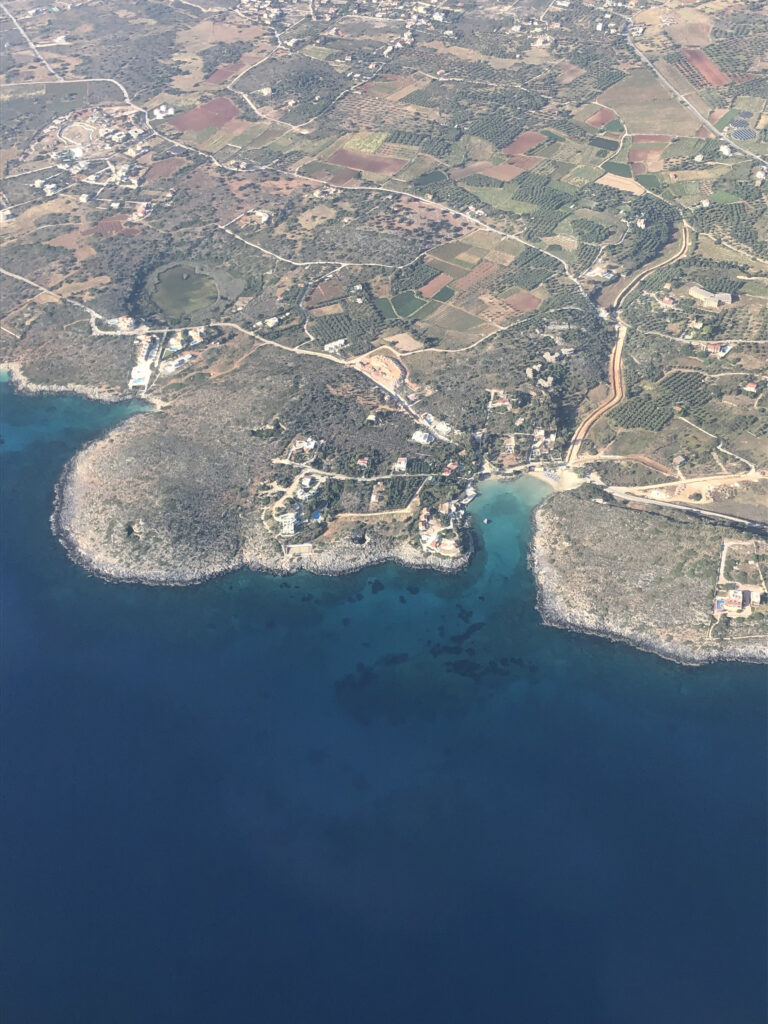The photo of Heathrow Terminal 5 on the home page looks, appropriately, a little like a view from a prison cage. And there seems to be no end in sight any time soon for the problems facing aeroplane passengers in the UK.
Not that they’re going to be locked up, of course. In a way, quite the opposite. It’s getting on to the plane that’s the problem. On one day last week, EastJet cancelled 60 flights. On just one day. That impacted around 10,0000 prospective travellers. Sometimes with effectively no notice. One passenger told The Times: “I have seen lots of people whose flights have been cancelled, some crying and stressing out. They only got the news after having gone though the security controls, so they didn’t know how to get out.” The major cause of the problem is staff shortages, with employees leaving their jobs and incoherent post-Covid planning jointly contributing to the situation.

In what is a dystopian scenario whichever way one looks at it, it may be a matter of debate as to which is worse – being denied your flight out to your holiday destination (the situation more commonly reflected in TV and other media stories in the UK) or being at least temporarily stranded overseas because your return flight has been cancelled. And we have not yet arrived at the school holidays, when a far greater number of people would ordinarily be looking to fly.
It is almost always the case that a bad situation can be made worse, and this one has that potential, too. British Airways is anticipating the strong possibility of strike action this summer by a hugely disgruntled workforce which has been upset by the company’s operation of a ‘fire and rehire’ policy for check-in staff and other personnel employed on the ground. Unions say this has led to an effective pay cut of about 10% for their members whereas management-level staff have not been similarly penalised. Meanwhile, there is a full-on blame-game going on. The head of BA’s owner company, a gentleman by the name of Luis Gallego, has said the problems are essentially the government’s fault because it ended the pandemic-induced furlough scheme over six months before, for example, the Spanish government did so. Oh, also hiring staff had been made more difficult because Brexit had reduced the size of the potential workforce.
What a mess! I guess if the airline companies might be grateful for small mercies then that might lie in the rapidly rising prices of petrol and diesel; the notion of binning your plans for a holiday abroad and instead taking a touring staycation at home doesn’t look like such a cheap option any more.
